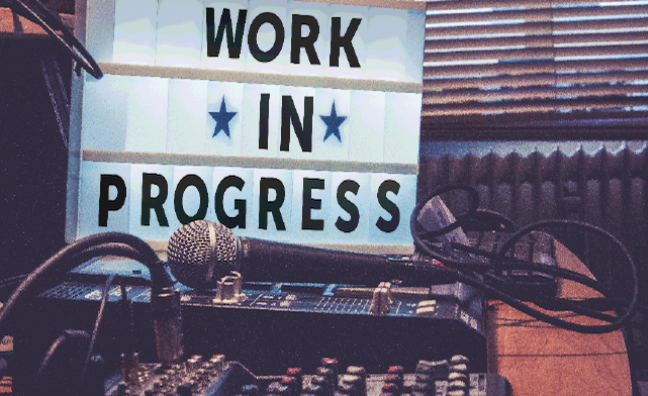With competition for jobs in the music industry fiercer than ever, in the new issue of Music Week we take a very special look at the world of recruitment. As a host of the industry’s leading recruiters reveal, the skill of identifying and recruiting the right candidates has become a truly invaluable commodity in recent years.
Helen Ward, managing director at music industry and media recruitment specialist Arts And Media, told Music Week that the overall demand for jobs has definitely increased.
“I have never witnessed a slowing down in the demand for roles,” Ward told Music Week. “On average, for every role we advertise, we get over 100 responses for entry-level positions, and even more for the more desirable roles. As the music business has evolved, at times there has been high demand for skills that are more prevalent in other industries, so we have had to look further afield and work harder to find candidates who are a natural fit within certain company cultures.”
David Johnston, executive director, office support, HR, marketing & communications at Handle Recruitment, also stressed the variety of interesting and rewarding paths into the music business outside of the obvious routes.
“It remains a really competitive and desirable industry – and now, more than ever, innovative individuals with entrepreneurial mindsets are finding new ways to get involved and are establishing non-traditional career routes,” said Johnston.
Now, more than ever, innovative individuals with entrepreneurial mindsets are finding new ways to get involved
David Johnston, Handle Recruitment
This entrepreneurial mindset is something recruiters encourage candidates to develop very early on in their professional lives. For Sarah Clayman and Kevin Nixon, respectively managing director and president of music education specialist The Dime Group, which operates in both the UK and the US, it is vital that, before a student gets underway with their higher education, they are thinking about the kind of employment opportunities they’ll be met with further down the line.
“We meet people and we look at qualifications and experience, and from that you get a sense of commitment to the industry, but nothing compares to meeting people and spending time with them,” Clayman explained. “In the US, for example, we have found people are good at interviewing, but when it comes to the day-to-day work, there’s a lack of entrepreneurial thinking and leadership, so with our programmes we ensure students start their degree with entrepreneurial thinking through the modules they study. Being a self-starter is essential in today’s music industry.”
You can read the full recruitment special report here.








